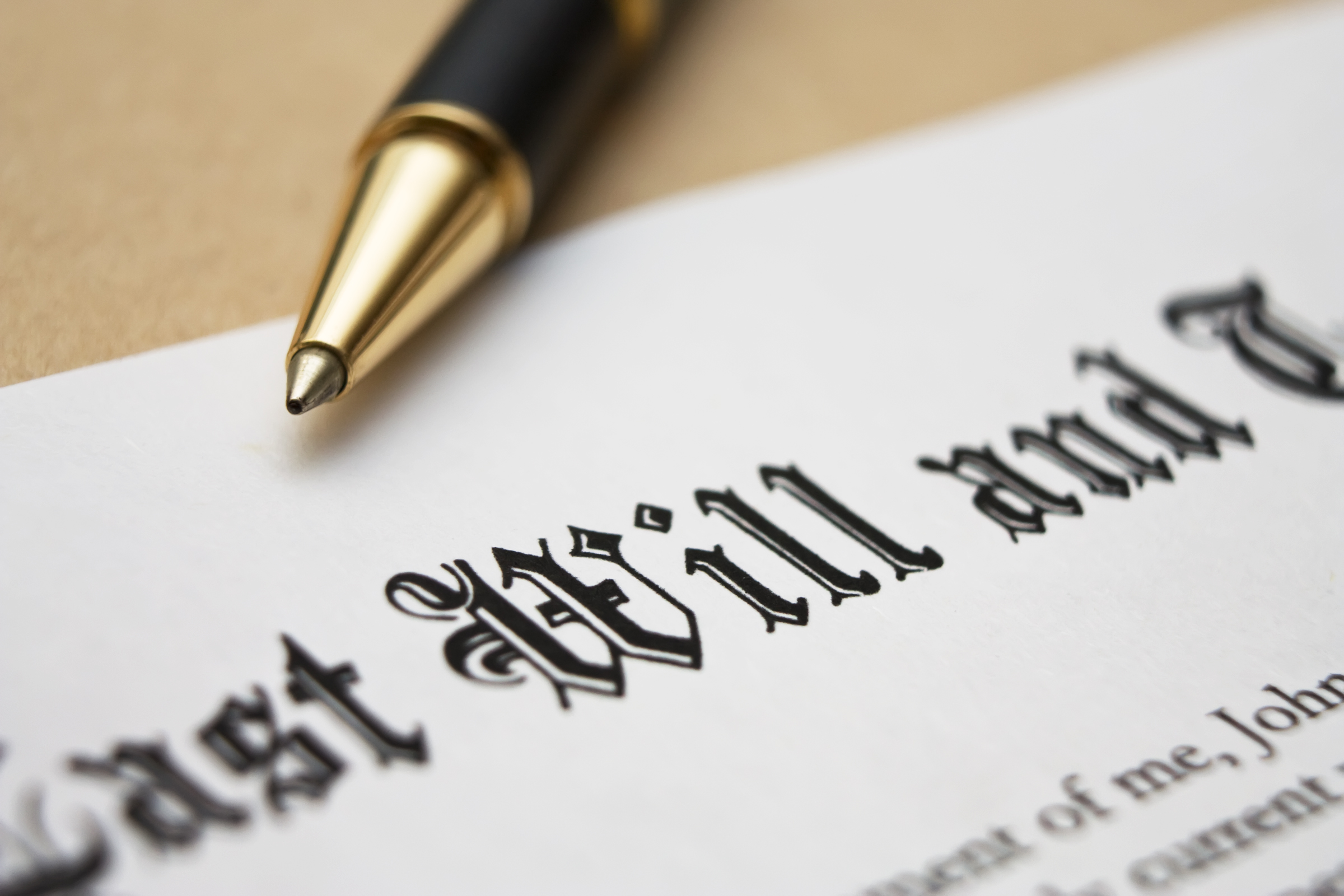Are you thinking of purchasing a home in Illinois or Indiana? If so, you are…

Estate Planning Mistakes and How to Avoid Them
Do you have an estate plan? We have mentioned in previous articles that estate plans are not just for the wealthy. There are many benefits to establishing an estate plan whether you have a family or modest or complicated assets. Even though you may have created an estate plan, it is prudent to regularly review it, and occasionally it will need to be updated as events occur during your lift. The gravity of errors can be far ranging. We summarize some common estate planning mistakes which will occur.
- Not having an estate plan. An estate plan provides your family with direction and certainty when death occurs. Failing to organize those important details can result in an undesirable distribution of assets and could lead to added expenses in administering your estate. Give yourself and your family peace of mind and create your estate plan today.
- Failing to update your estate plan. You created your estate plan with purpose. Meticulously selecting the best people to act as executors, trustees or agents. As relationships change as life unfolds, those individuals named beneficiaries should be identified and evaluated to ensure you are confident your assets will be distributed as you intended.
- Not creating a trust. When many people think about estate plans, they often assume that their only choice is to prepare a Will. However, there are many considerations to undertake in order to have an estate plan that aligns with your intentions. If you own a home or have other large assets, it may be in your best interest to create a trust-centered estate plan.
- Not creating advanced directives. Advanced directives include Powers of Attorney for Property and Healthcare along with a Living Will. These documents allow you to chose who can make financial and health decisions on your behalf in the event you become unable. Having a plan that provides you with legal alternatives in cases ranging from convenience to disability is always prudent.
- Failing to maximize your estate plan. In some cases, a basic Trust, Will and advanced directives may not offer you the best benefit. Many types of trusts exist. Being transparent about your nature and extent of your assets will allow an experienced attorney to provide the best solution. For example, life insurance policies may require the creation of an Irrevocable Life Insurance Trust to avoid estate taxes. Other examples of estate planning tools for specific purposes can be identified in a conference with an experienced estate planning attorney.
If you have an estate plan that you would like audited or are interested in establishing an estate plan for the first time, contact our office for experienced, high quality services.



